Alhaj Kaddunabbi Lubega CEO IRA and Dr. Sarah Zalwango Tarango, KCCA’s Acting Director of Public Health and Environment, during a symbolic handover ceremony
The Insurance Regulatory Authority of Uganda (IRA) has donated waste segregation skips and sensitized Nateete Market vendors as part of its corporate social responsibility efforts.
The initiative, conducted in partnership with the Kampala Capital City Authority (KCCA), is part of a broader campaign to promote sustainable waste management practices and urban sanitation across the city.
Speaking during the handover ceremony at Nateete market, IRA Chief Executive Officer Alhaj Kaddunabbi Lubega said the intervention marks a significant step toward solving Kampala’s growing waste problem by promoting source segregation of waste.
“Today, the Insurance Regulatory Authority, in collaboration with KCCA, is taking a bold step to improve urban sanitation by donating waste skips that support the proper separation and disposal of waste in city markets,” said Alhaj Kaddunabbi. “This initiative will help transform how vendors and communities perceive and handle waste.”
Kampala’s Waste Challenge
Kampala generates an estimated 2,500 to 3,000 tonnes of solid waste every day, according to KCCA statistics. However, only about 45–50% of this waste is collected and properly managed. The rest ends up in illegal dumpsites, open drains, and wetlands, contributing to environmental degradation, flooding, and public health risks.
A large portion of the waste—estimated at 70%—is organic and biodegradable, which makes it highly suitable for composting and reuse if properly sorted. However, due to widespread mixing of organic and inorganic waste at the source, the potential for recycling and composting is significantly diminished.
“Previously, different types of waste—organic and inorganic—were being dumped together, making it nearly impossible to recycle or repurpose,” Kaddunabbi explained. “This not only devalues the waste but also creates unhygienic conditions in our markets.”
To address this, IRA and KCCA have introduced clearly labeled skips for waste segregation. Two of the skips are designated for organic waste such as food remains and biodegradable matter, while the other two are for inorganic waste like plastics, metal, and packaging material.
“By providing these designated skips, we want to encourage vendors and residents to sort their waste at the source. Organic waste can be used for compost or farming, while inorganic materials can be recycled. This is how we create value from waste,” Alhaj Kaddunabbi emphasized.
 Dr. Sarah Zalwango Tarango thanking IRA for partnership during the event
Dr. Sarah Zalwango Tarango thanking IRA for partnership during the event
CSR in Action
The CEO stressed that the donation is part of IRA’s broader Corporate Social Responsibility (CSR) agenda—one that extends beyond regulating the insurance industry to improving the well-being of the communities they serve.
“We believe in giving back to the people. This is a way to directly touch the lives of ordinary Ugandans by helping them live and work in a cleaner, healthier environment,” he said, adding that IRA plans to roll out similar interventions in other markets around the city.
He praised KCCA for its leadership in pushing for cleaner urban spaces and reiterated IRA’s commitment to working with city authorities to expand the campaign.
KCCA Backs Waste Sorting at Source
Dr. Sarah Zalwango Tarango, the Acting Director of Public Health and Environment at KCCA, commended IRA for its timely and relevant support in line with the city’s waste management goals.
“We are deeply grateful to the Insurance Regulatory Authority of Uganda for coming to our aid with the donation of four waste skips—two for organic waste and two for inorganic,” Dr. Tarango said. “This support directly feeds into our ongoing campaign to promote waste sorting in Kampala.”
KCCA is currently implementing a two-bin waste segregation strategy across the city. Residents and traders are being sensitized to separate organic and recyclable waste at the household or business level, using whatever containers are available.
“You don’t need a fancy bin or a blue-colored container—any clean container can do,” she said. “What matters is separating recyclables from organics because when waste is mixed, it becomes useless. Farmers won’t take contaminated organic waste, and recyclers can’t use materials mixed with food residues.”
Dr. Tarango noted that proper waste segregation increases the value of waste and reduces the volume that ends up in landfills or drainage systems. “This is a crucial step toward achieving a cleaner, healthier city for all,” she stressed.
She pledged KCCA’s continued collaboration with IRA and called on other institutions to support similar initiatives in other markets and communities.
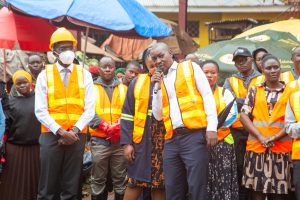
Market Vendors Embrace the Initiative
Bonny Kabugo, the Chairman of Nateete Market, welcomed the donation and pledged the traders’ full support in ensuring that the waste sorting initiative is implemented effectively.
“We are truly grateful to IRA for addressing our long-standing waste disposal challenges,” Kabugo said. “This initiative presents a valuable opportunity to turn waste into a resource. But until now, many of us didn’t know how to go about it.”
Kabugo admitted that while the introduction of skips is a step in the right direction, the real work lies in changing the mindset of vendors.
We still have a long way to go in teaching people how to properly sort waste. As market leaders, we are committed to educating our fellow vendors and making sure they embrace these changes,” he said. “It’s a learning process, and we are ready to take the lead.”
He also commended KCCA for its consistent efforts to maintain cleanliness in the market and urged authorities to increase community sensitization on waste management.

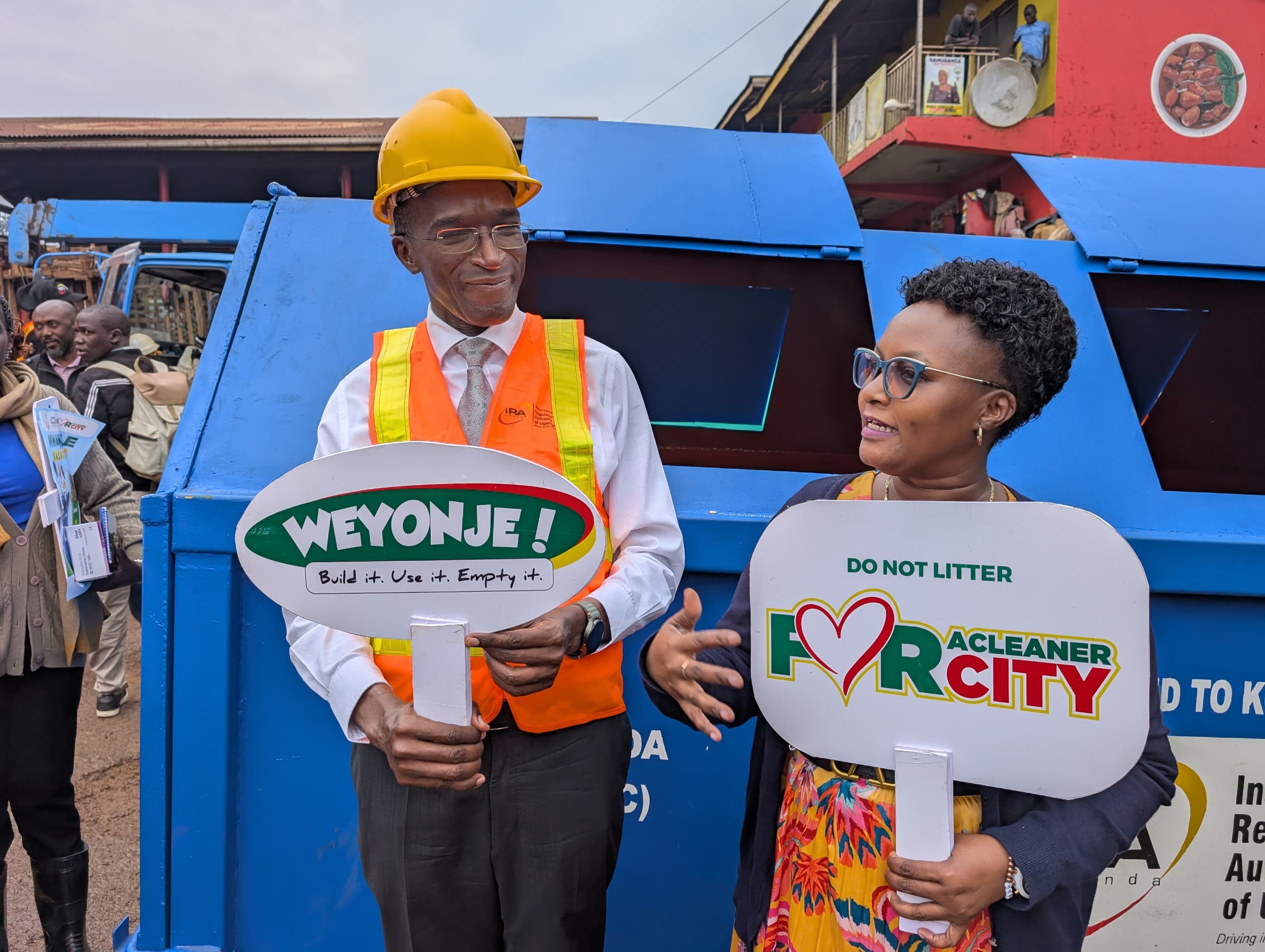
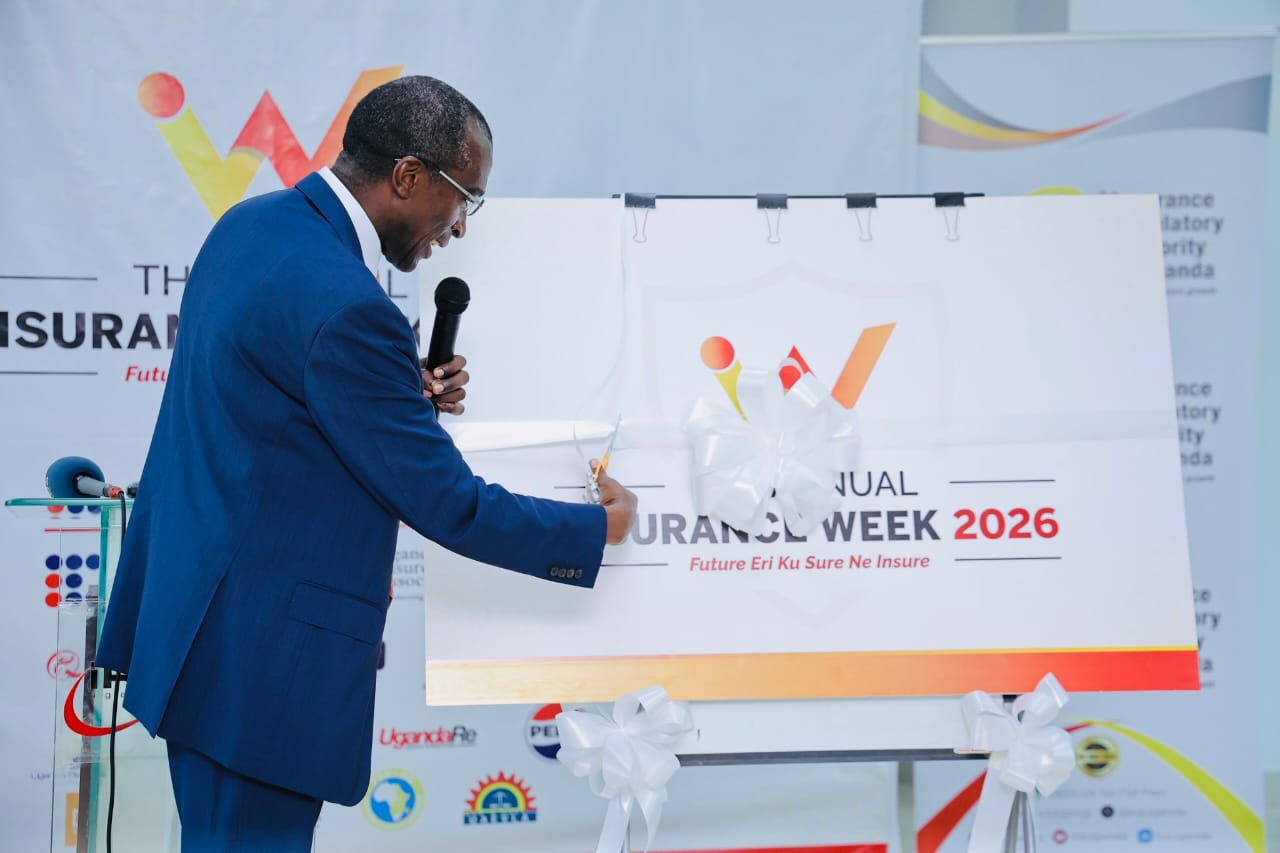
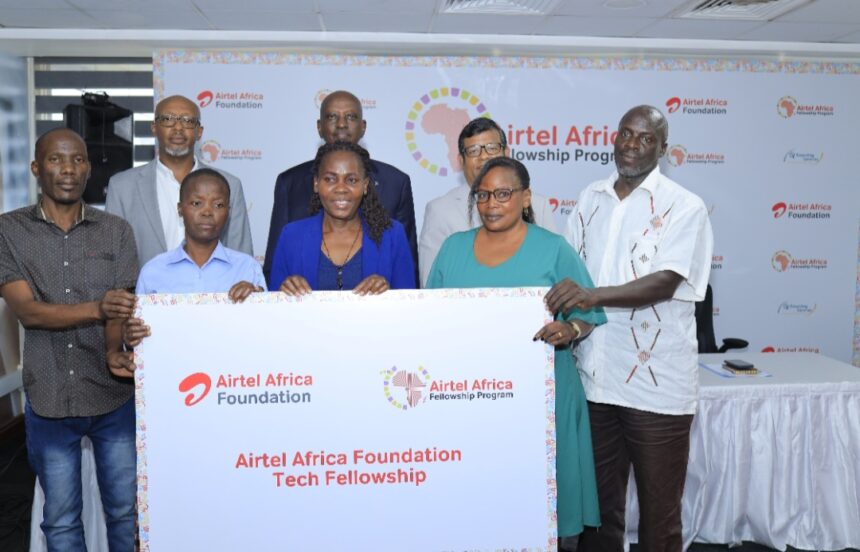

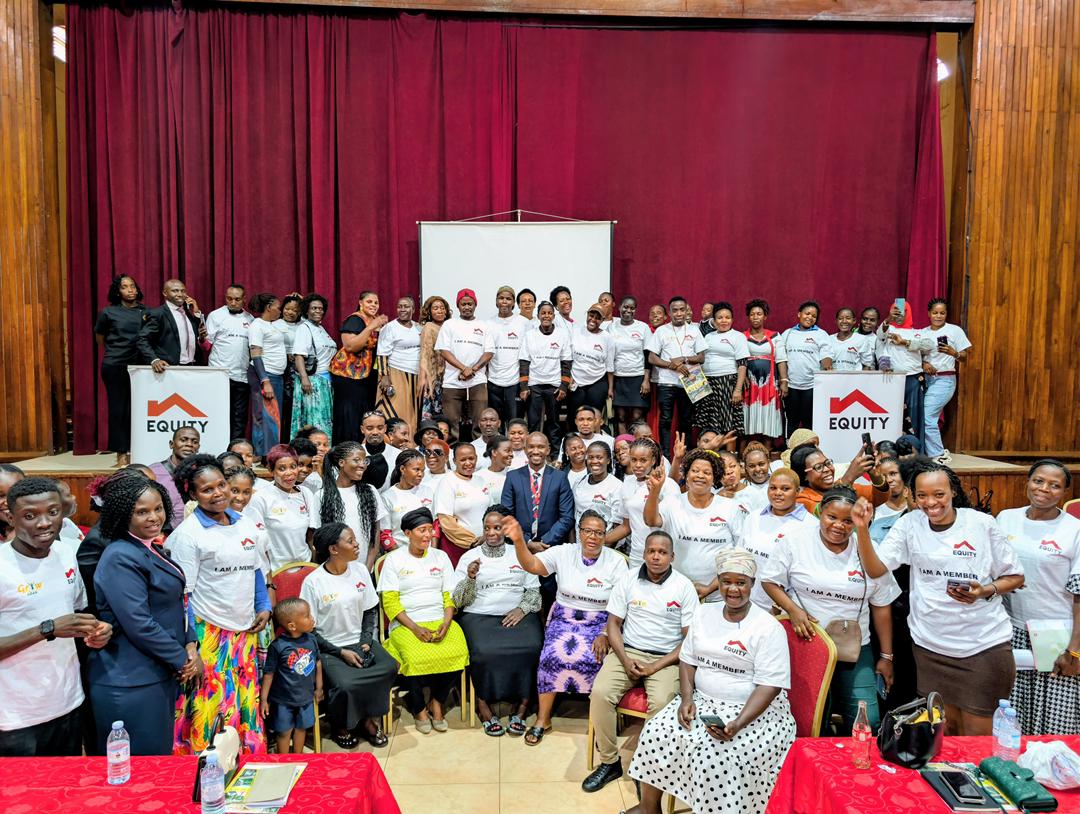
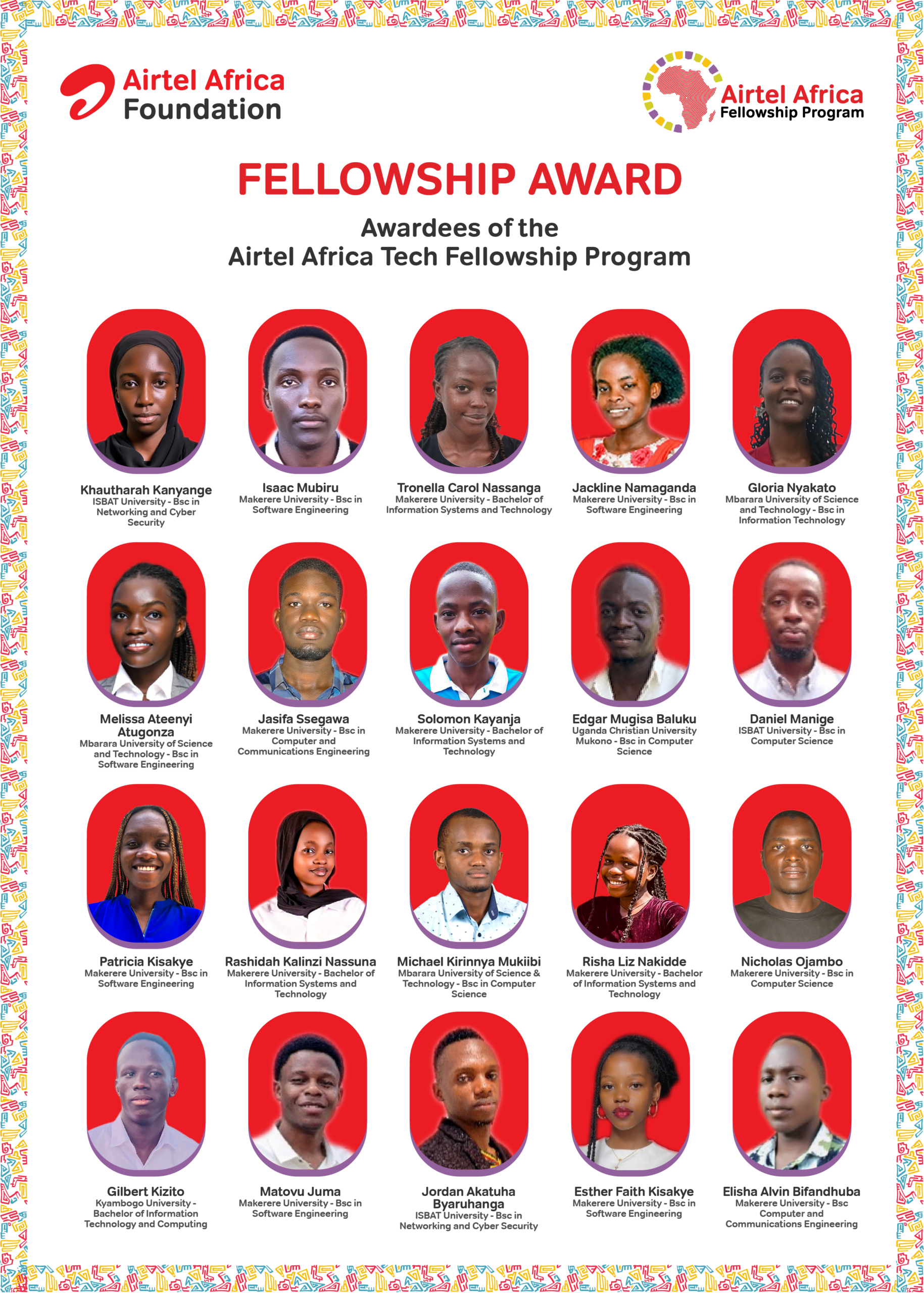
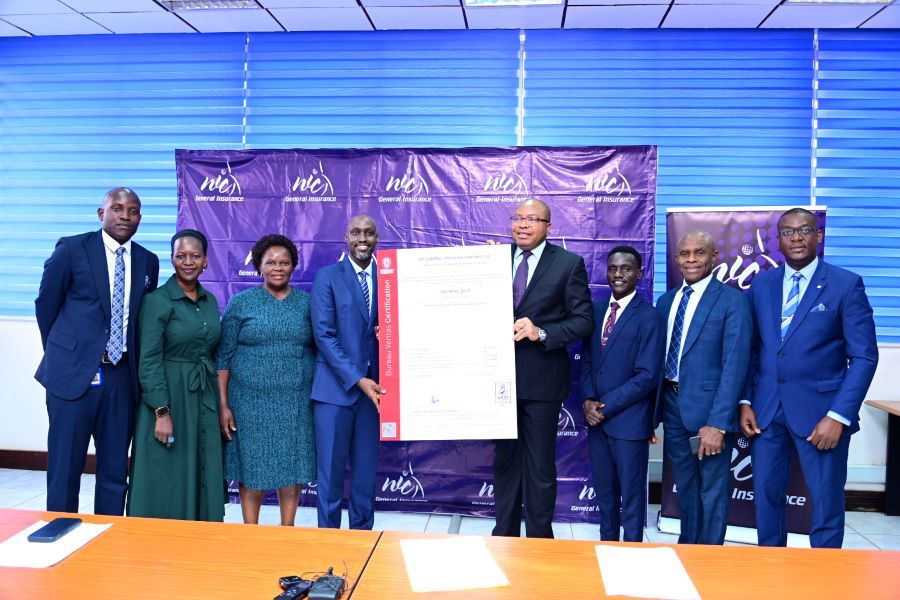
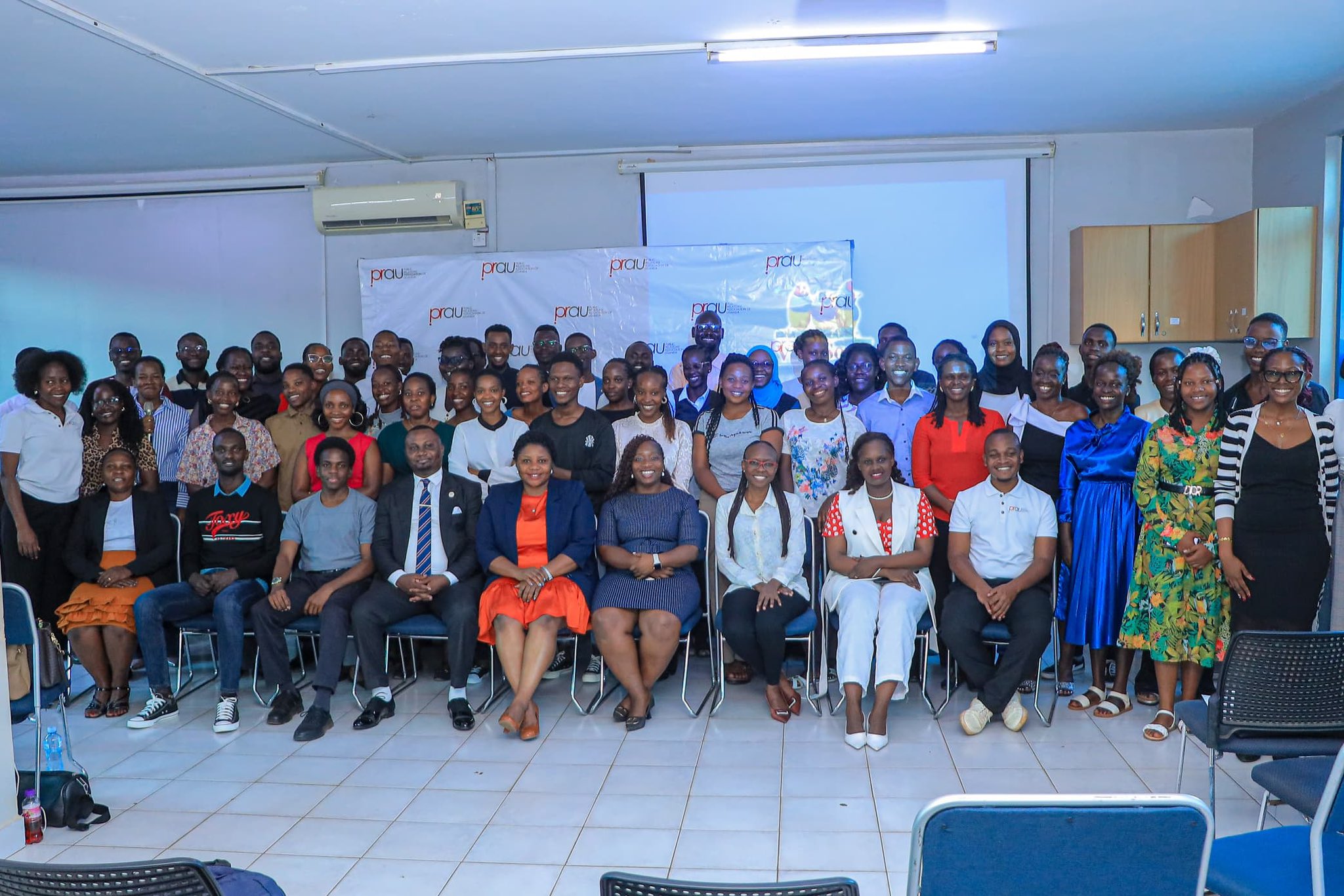
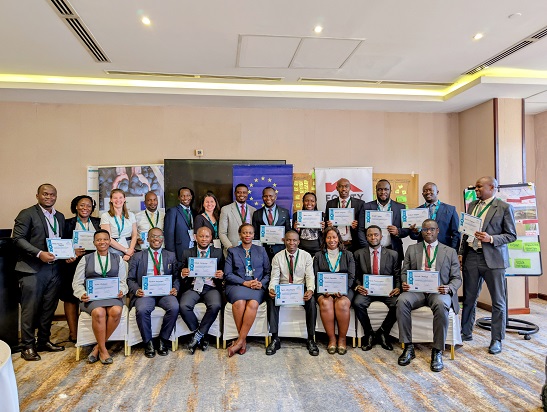
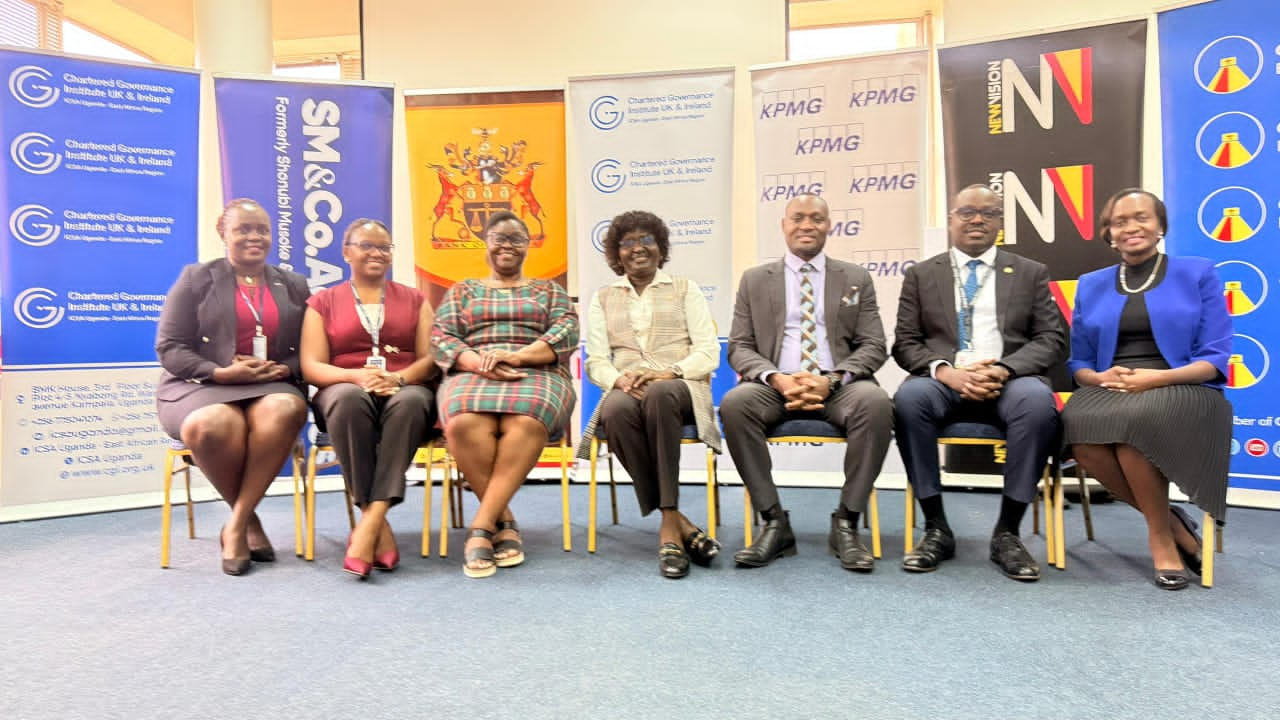

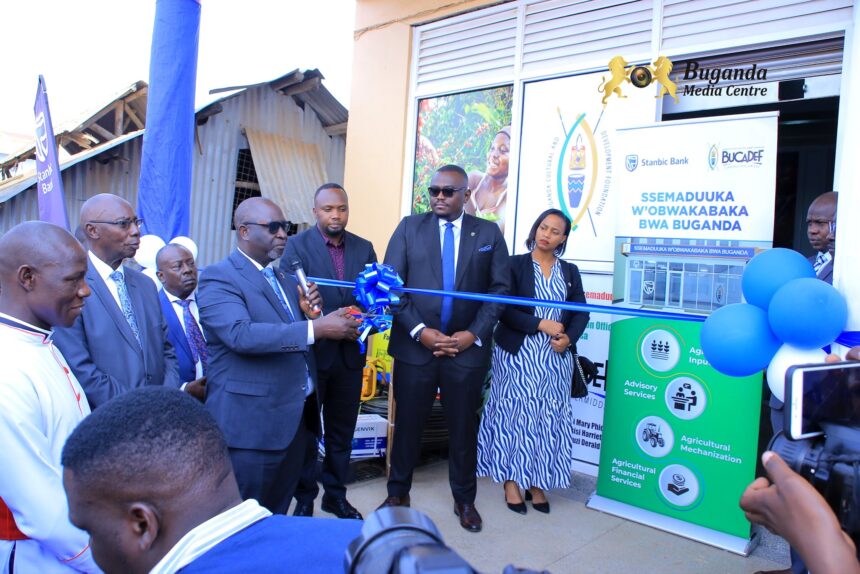
Leave a Reply